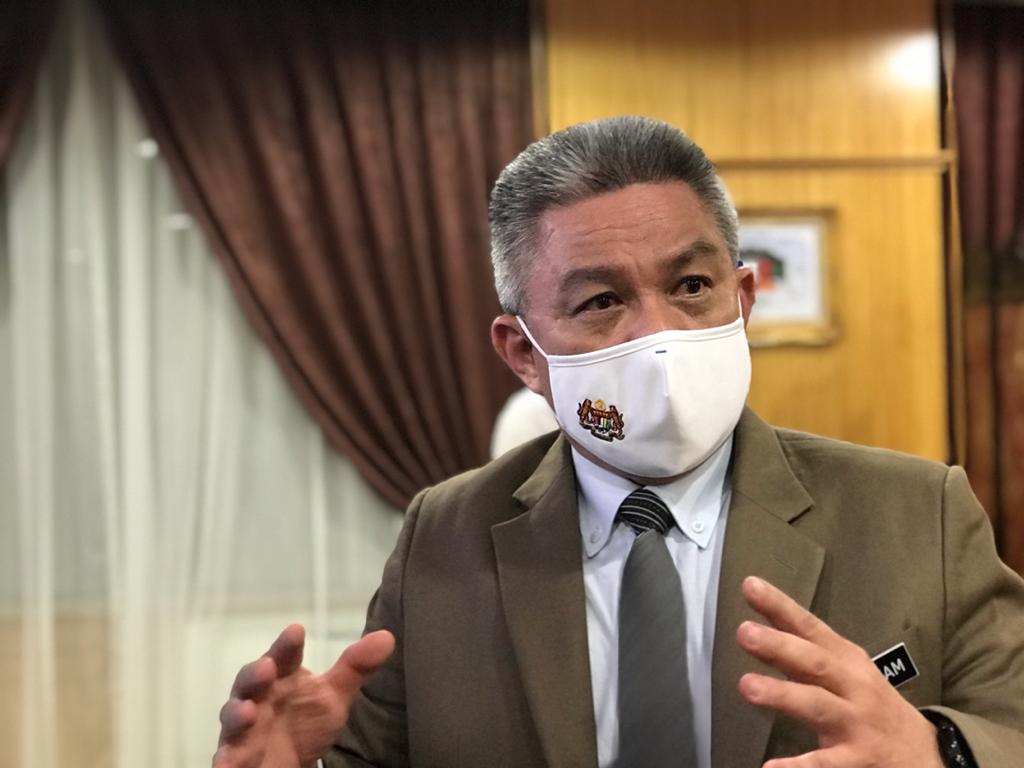PUTRAJAYA, Feb 12 — The government will impose price ceilings on Covid-19 RT-PCR and antigen rapid test kits (RTK) sold in the private sector, Dr Adham Baba said.
He added that the Ministry of Health (MOH) will also expand testing to the general public by offering RT-PCR tests at RM150 and antigen RTK at RM60 for anyone who wants to get tested at its facilities.
Testing, however, remains free of charge for those identified by MOH officers, such as close contacts of positive Covid-19 cases, for screening during coronavirus outbreaks.
“Under the Emergency Ordinance, we will make sure availability of testing is easier, whether in the private sector or through MOH,” Dr Adham told CodeBlue in an interview last Wednesday.
The health minister said that price ceilings for Covid-19 swab tests in the private sector have yet to be determined. Prices for RT-PCR tests range widely across private health facilities, from RM240 to RM480.
Antigen RTK can be priced at RM180 in a private hospital, while private general practitioner (GP) clinics and laboratories also offer antigen RTK at prices like RM130. Several lawmakers have offered antigen RTK for RM70 in their constituencies.
“Price ceilings will be for both RT-PCR and antigen RTK. We’re working on the amount. There are lots of parameters for charges — some are itemised, some get expensive supplies from various sources,” said Dr Adham.
Since the start of the Malaysian epidemic, MOH has maintained an exclusive testing method, usually screening only close contacts of positive Covid-19 cases. MOH further restricted testing since January 13, excluding close contacts who do not show symptoms and screening only a certain percentage of people exposed to the virus in a cluster.
Dr Adham revealed that MOH was also exploring new RT-PCR sampling methods, besides the conventional swabs taken for samples from the nose and throat. Nasal swabs are generally uncomfortable.
“It’s called deep-throat saliva,” he said, describing it as saliva produced from deep within the throat.
Universiti Malaysia Perlis is also developing an electrical device to detect Covid-19, a rapid point-of-care test that detects the virus’ RNA.
“They have to go to the MDA (Medical Device Authority) and IMR (Institute for Medical Research) to test it,” said Dr Adham. “This is a locally developed technology.”








